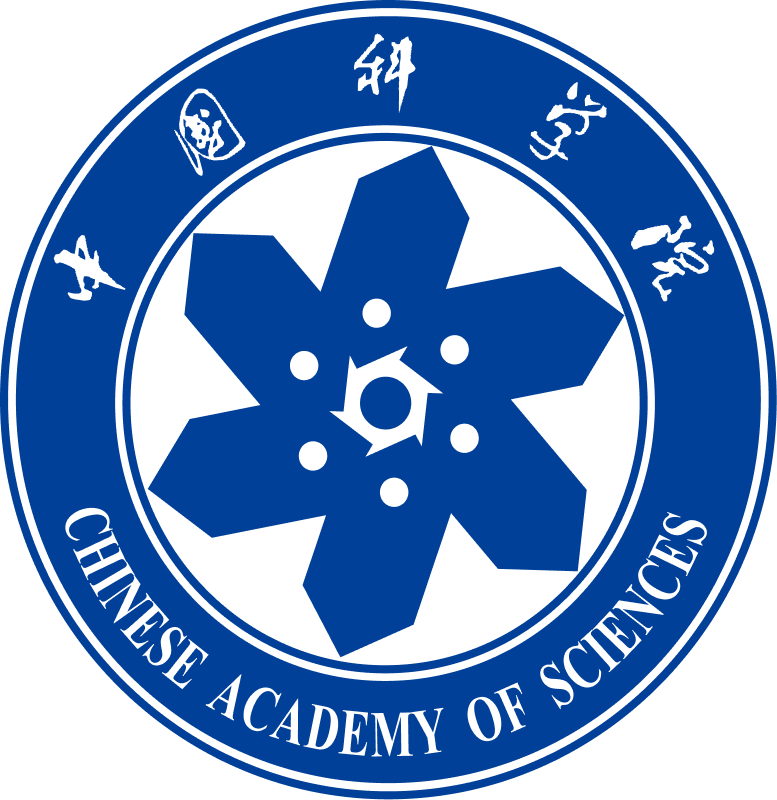Inducible gene editing
Development of human ESC/iPSC models for inducible gene editing using the latest CRISPR/Cas9 technology.
The project focused on developing human embryonic stem cell (ESC) and induced pluripotent stem cell (iPSC) models for precise gene editing using CRISPR/Cas9 technology. Derived from adult somatic cells, iPSCs have pluripotent capabilities similar to ESCs, enabling them to differentiate into various cell types with minimal ethical concerns. However, gene manipulation in ESCs and iPSCs posed challenges, particularly in gene ablation, activation, and lineage tracing. CRISPR/Cas9 technology helped with this challenge, facilitating targeted gene editing through guided RNA (gRNA) that directed the Cas9 enzyme to specific genomic locations. This allowed for precise DNA modifications, including gene activation, repression, and genome-wide screening. The research carried out by the collaboration between CUHK and CAS aimed to harness CRISPR/Cas9 for developing controllable and inducible gene editing models in human ESCs/iPSCs, enhancing the ability to study and manipulate genetic functions accurately.
-

Original project funded for two years from 2016
- Induced Pluripotent Stem Cells (iPSCs)
- Ethical considerations in stem cell research
- Self-renewal and differentiation
Directors

Wai Yee Chan
Director at the Chinese University of Hong Kong

Duanqing Pei
Professor at CAS Institute of Biomedicine and Health, GuangZhou
Other projects




Stay in the loop!
Subscribe to keep up with the latest from Croucher Foundation.


